Women in PPE Portraits
Below are images from the Women in PPE Portraits Exhibition, which you can find on the First Floor of the Manor Road Building, near the Lecture Theatre.
About the Exhibition
Just over 100 years ago, in 1920, the University of Oxford began admitting women to its degrees. Among the women to matriculate that year were many who had in fact completed their studies at Oxford years beforehand, in the unrecognised (by the University) parallel system of higher education centred around what are now the former women’s colleges. Some had become tutors in that system.
In that same year, the new Honour School of Philosophy, Politics, and Economics (PPE) was introduced at Oxford. It was designed to supersede Greats (Literae Humaniores) as the first choice for students preparing for public office and service. Like Greats, PPE would include the discipline of philosophy, but the classicists’ study of ancient civilisation was to be replaced in the PPE curriculum by the study of the principles of modern society. Within a few decades, PPE became one of the largest Honour Schools in the arts and humanities. Today there are PPE courses on offer at over a hundred universities worldwide.
Over the past century, women involved in the PPE degree at Oxford have been responsible for some of the most important contributions to its component disciplines. Celebrating that century of women in PPE, this exhibition presents portraits of some of those who carry the PPE torch today at Oxford. A group of world-leading academics from all three disciplines, their research and teaching illuminate contemporary PPE and provide inspiration to its students. Each academic has offered some reflections on the significance of PPE, which you can find printed alongside their portraits. Taken together, these paint an exciting picture of the ongoing relevance and intellectual depth of the “modern Greats”.
About the Photographer
Keiko Ikeuchi was born and raised in Japan, and moved to England to study Visual Communication. Her early fascination with the body as a subject for photography developed to include the capture of human form, movement and portraiture. Her collaborations with dancers and dance organisations launched her career as a photographer and graphic designer. She is currently specialising in portraiture and editorial assignments as well as working on her personal projects. Keiko lives and works in Oxford.
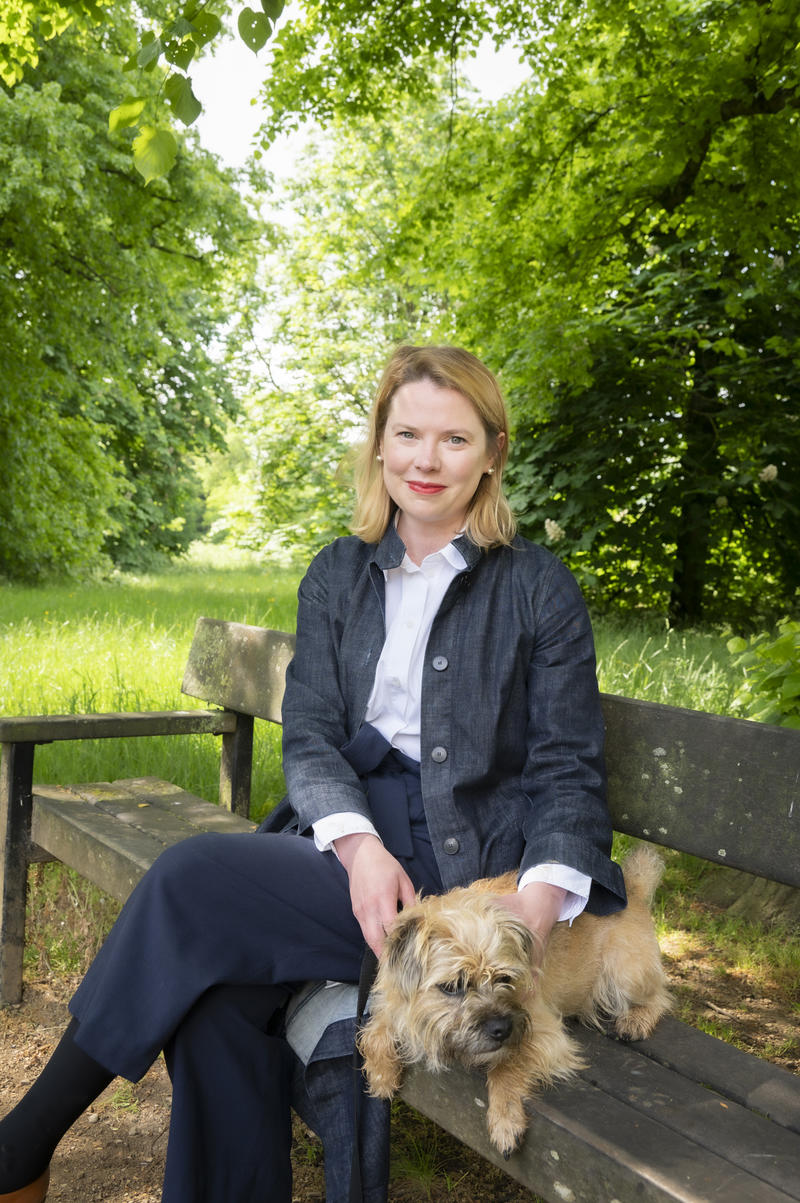
“Economics is so much more than sophisticated maths. PPE is the perfect foundation for the creative, interdisciplinary work required to understand the challenges of today. From the climate crisis to wealth inequality, PPE equips you with the economic, normative, and political toolkit to tackle the key issues at play.”
Abi Adams-Prassl, Professor of Economics
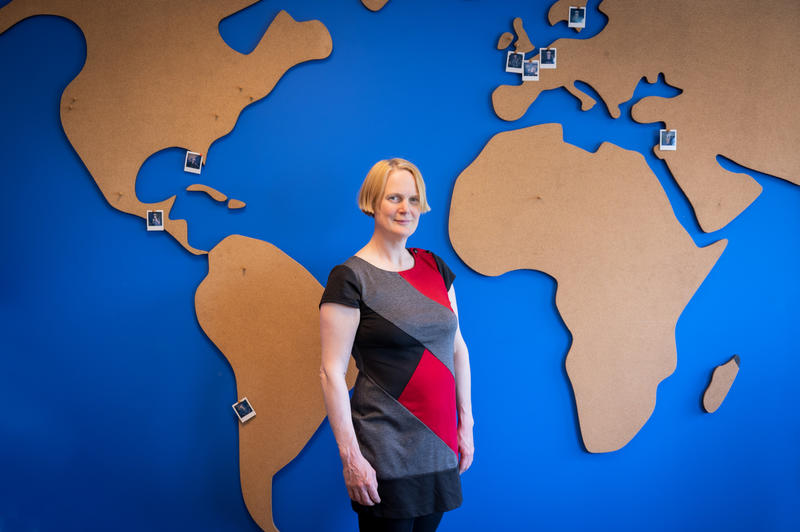
“Philosophy lets you ask the big questions and have a serious shot at actually answering them. No question is too fundamental, no issue too thorny, for philosophy to contribute at least to providing a useful map of the conceptual space, and thereby helping to guide clear thinking. It’s incredibly exciting to be part of a degree like PPE, in which the best of philosophy can combine with the best of other disciplines to inform a reasoned stance on the big questions that really matter for the organisation of life and society.”
Hilary Greaves, Professor of Philosophy, Director of the Global Priorities Institute
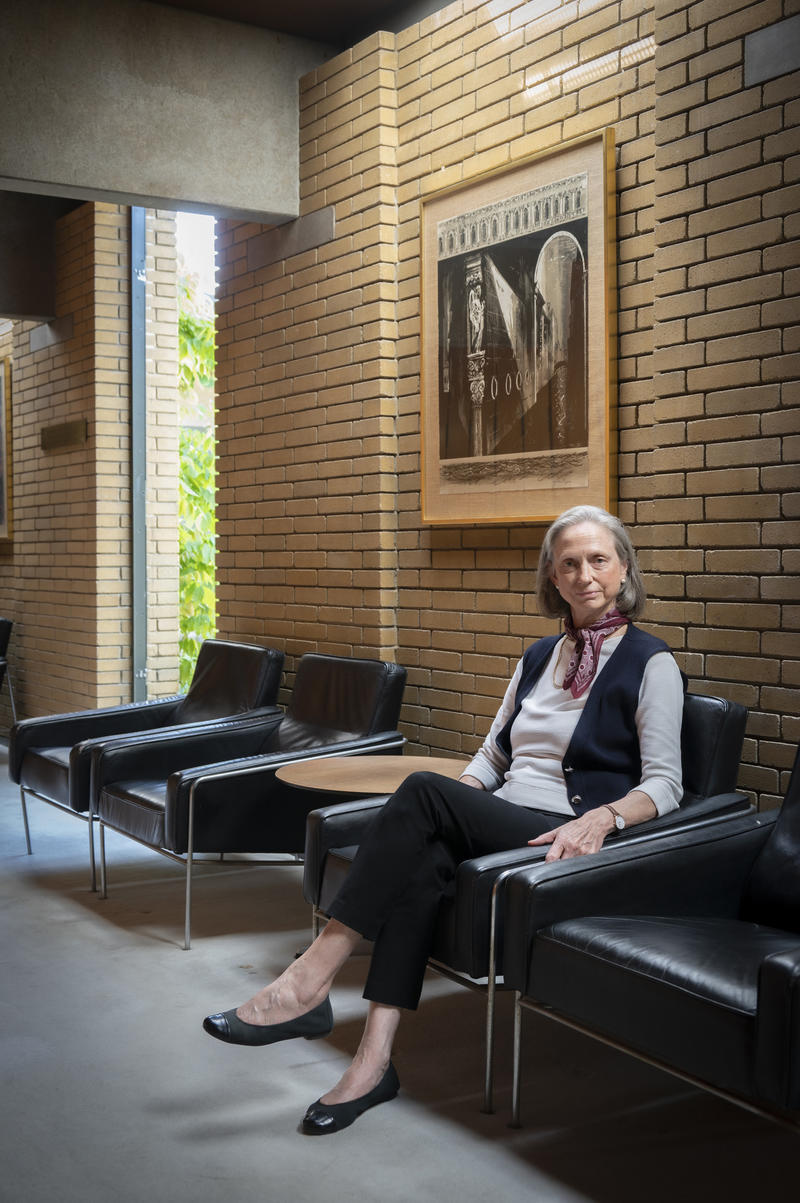
“Teaching PPE for two-and-a-half decades has taught me that there is no ‘typical’ PPE student or PPE tutor, just students and tutors, from all backgrounds and walks of life, who want to better understand the world in which we live. PPE offers an open horizon for those who are eager to learn, and apply their learning beyond the confines of the syllabus, in addressing contemporary global problems.”
Louise Fawcett, Professor of International Relations, Fellow at St Catherine’s College
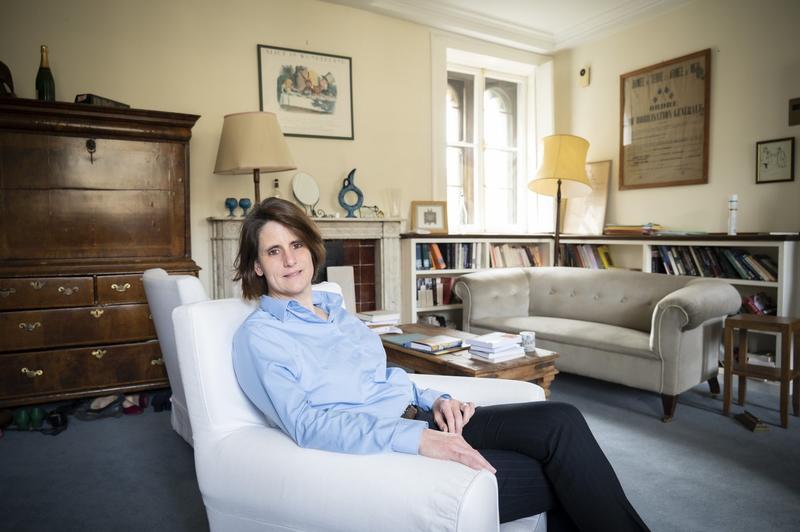
“To my regret, I was never a PPE student—having completed a BA degree in France. The PPE degree—which a number of universities, in the UK and abroad, have now adopted—offers an unparalleled interdisciplinary blend of rigour, depth, and breadth. Over the years, I have taught some of its papers to a wide range of students: this has been one of the most formative parts of my professional development, and a huge privilege.”
Cécile Fabre, Professor of Political Philosophy, Fellow at All Souls College
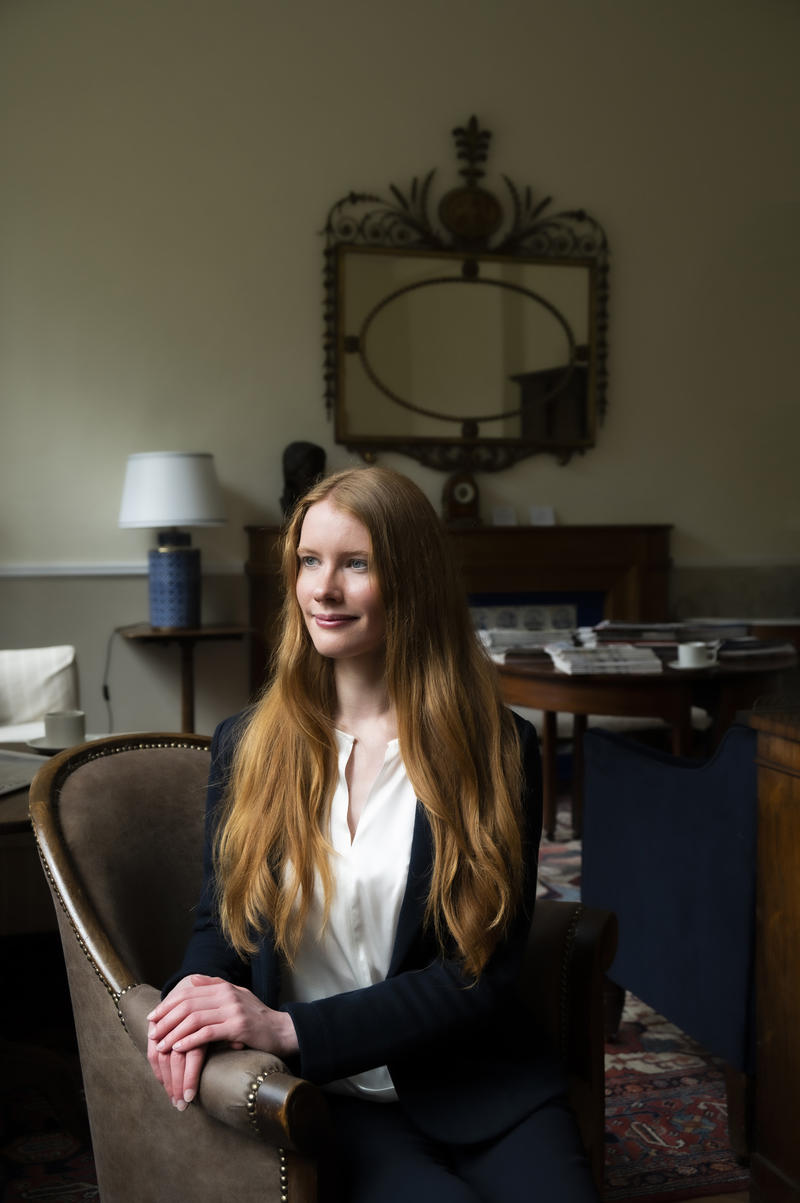
“Throughout its first 100 years of existence, PPE has already made a profound mark on society. It provides students with the opportunity to explore how the big questions of philosophy, politics and economics interact with one another, while also allowing the students to deep dive into a particular subject. The techniques acquired during the course enable them to approach a problem from multiple angles while constructing a logical and analytical response, providing them with key tools to tackle society’s current and future challenges.”
Katharina Janezic, Associate Professor of Economics, Fellow at St Anne’s College
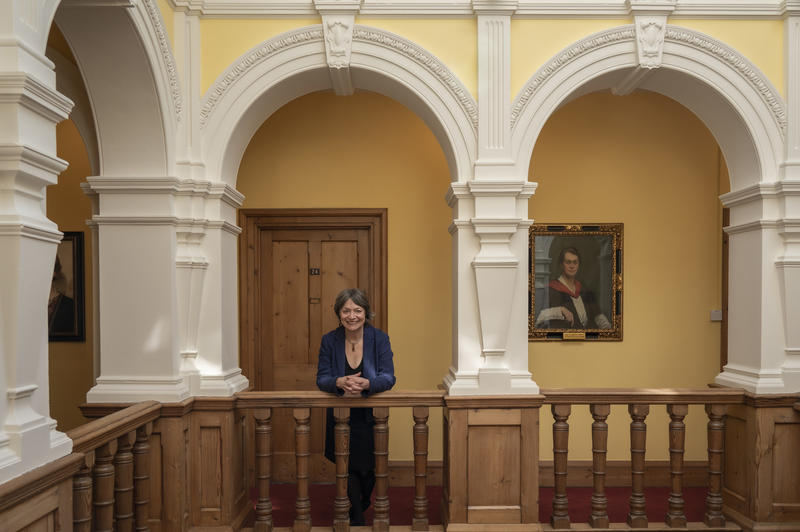
“While many students choose to study PPE because of economics or politics, it is often philosophy that takes them by surprise. While they may expect to be able to study moral or political philosophy, they find that they can also choose to study epistemology, philosophy of mind, aesthetics, and so much more. Philosophy offers students of PPE an intellectual toolkit designed to broaden their intellectual horizons and to help them negotiate their way in a rapidly changing world.”
Anita Avramides, Senior Research Fellow in Philosophy, Fellow at St Hilda’s College
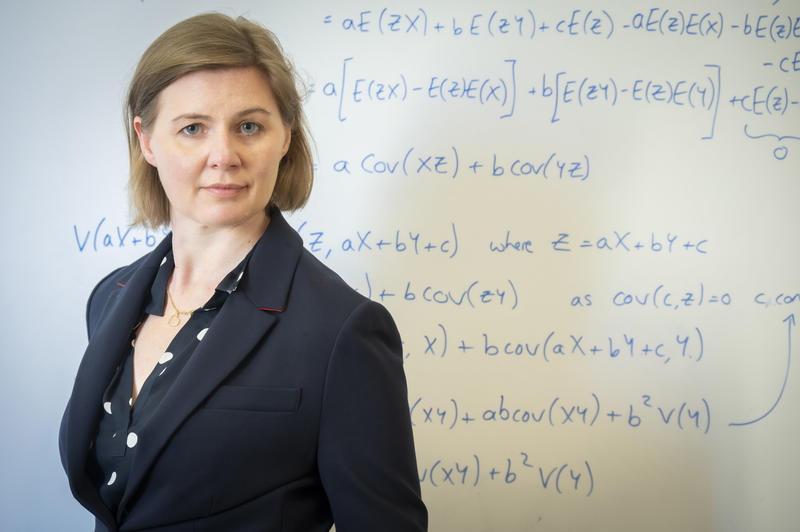
“Students are often looking for ways to make sense of the world around them, and what better way to equip them than to study the three strands of PPE. We may not have all the answers, but our students certainly find the most pressing questions to ask—what could be more energising than being kept on your toes like that?”
Jennifer Castle, Fellow in Economics at Magdalen College
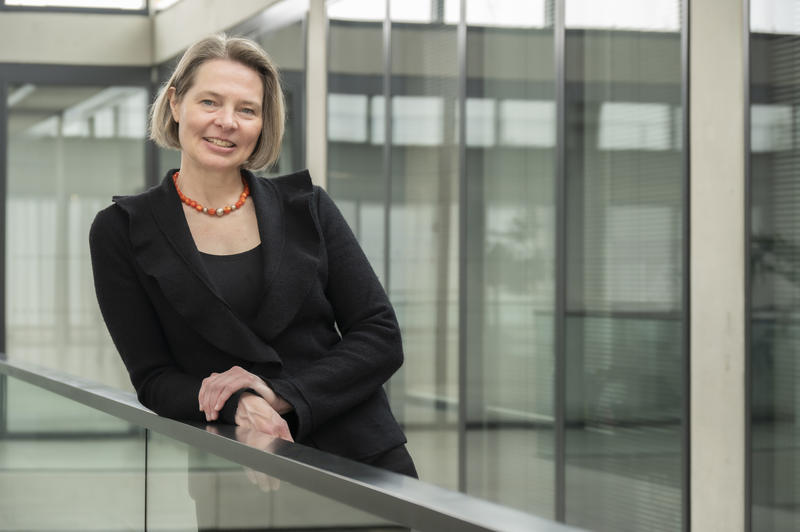
“The beauty of a PPE degree is that it enables students to follow their own curiosity as they each choose their own unique trajectories.”
Petra Schleiter, Professor of Comparative Politics, Fellow at St Hilda’s College
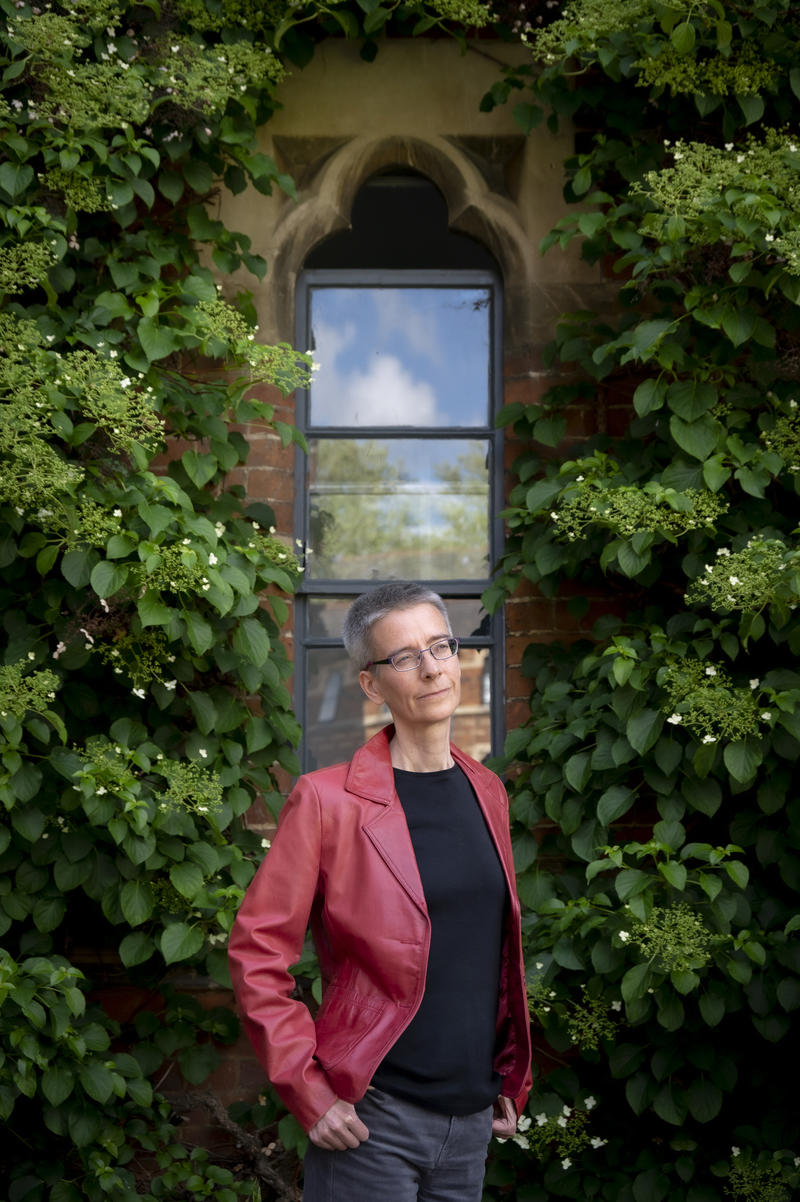
“I am hopeful that the next generation will be more successful than mine has been at helping to make the world a better place. Studying PPE is an excellent way to acquire some of the skills needed to do so. Today’s students provide all of us with grounds for optimism about the future.”
Ursula Coope, Professor of Ancient Philosophy, Fellow of Keble College
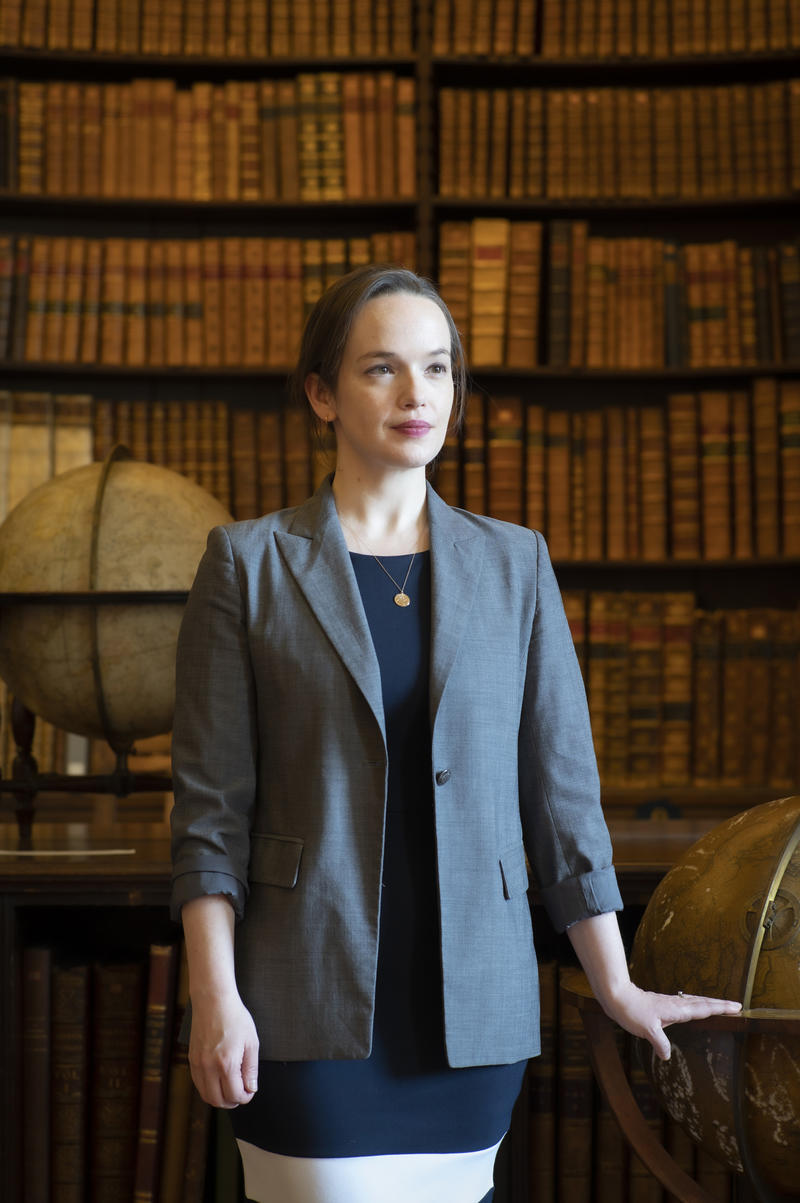
“PPE offers young people time and space to ask big questions. Questions like: how does the world work and why? Could it be otherwise? And should it be? At its best, PPE resists a shallowly technocratic engagement with these questions by introducing students to ‘theory’ in its Ancient Greek sense as theoria, which meant going on a sacred journey in search of unfamiliar insights. In this spirit, PPE encourages students to un-learn what they know already and pursue theory in the hope of living and doing politics, philosophy, and economics better—and maybe even well!”
Teresa M. Bejan, Professor of Political Theory, Fellow at Oriel College
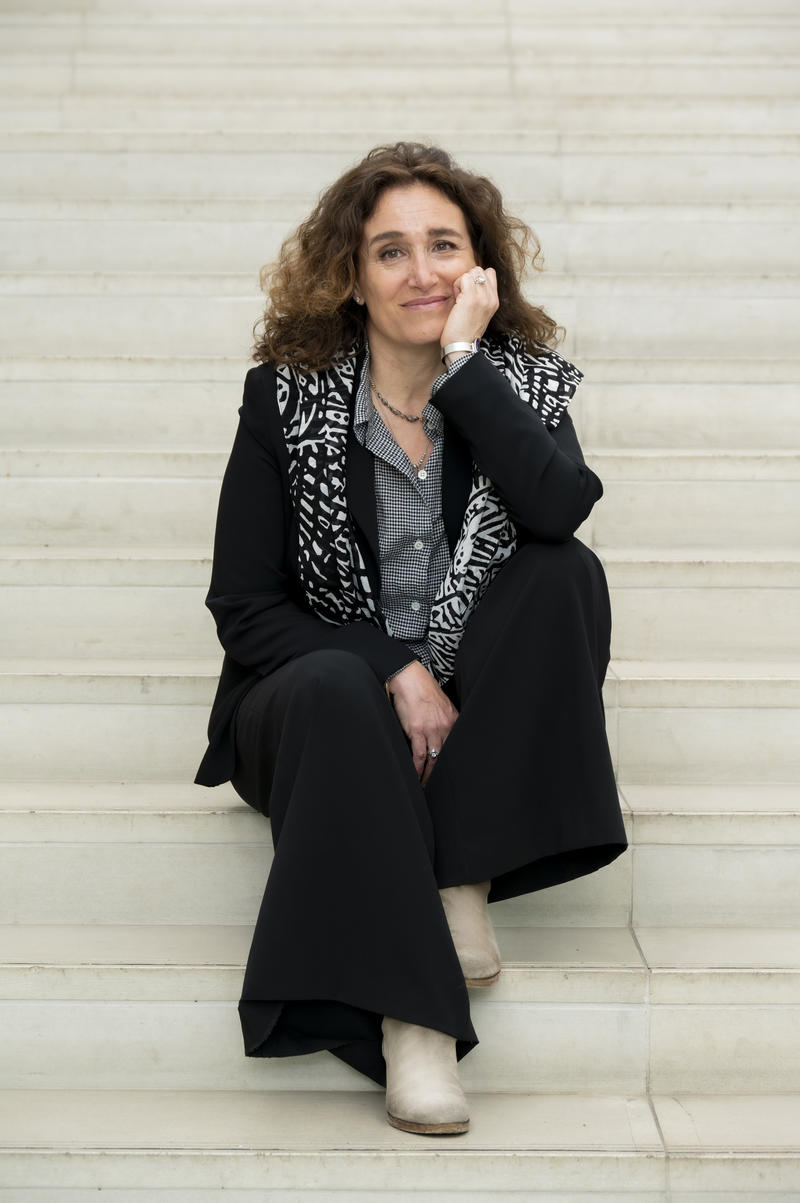
“With its combination of breadth and rigour, PPE brings together intellectual resources from several disciplines to understand the most pressing challenges in social and human issues—ranging from economic instability to international conflict and climate change, to name a few. From an economist’s perspective, PPE education plays a key role in instilling sound economic reasoning into much of the discourse among politicians, civil servants, and journalists—distinctively more so than in other countries in Europe.”
Barbara Petrongolo Professor of Economics, Fellow at Nuffield College
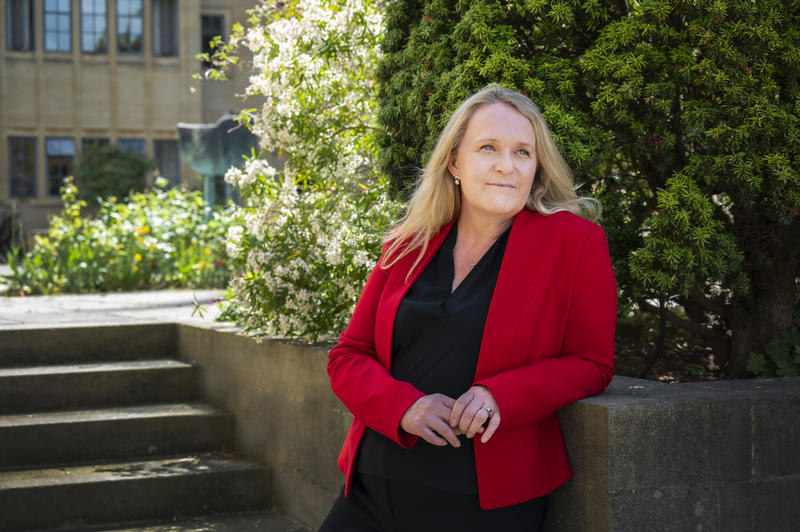
“British politics is full of earthquakes, tremors, and new fault-lines. But all of that will be over-interpreted and misunderstood if it isn’t understood within institutional rules, theories of electoral change, and a much deeper understanding of political supply and competition. PPE helps students see the big picture and the finer detail, the contours and the exceptions. And without both, we’ll become too pushed and pulled by the prevailing political wisdom of the day.”
Jane Green, Professor of Political Science and British Politics, Fellow at Nuffield College


